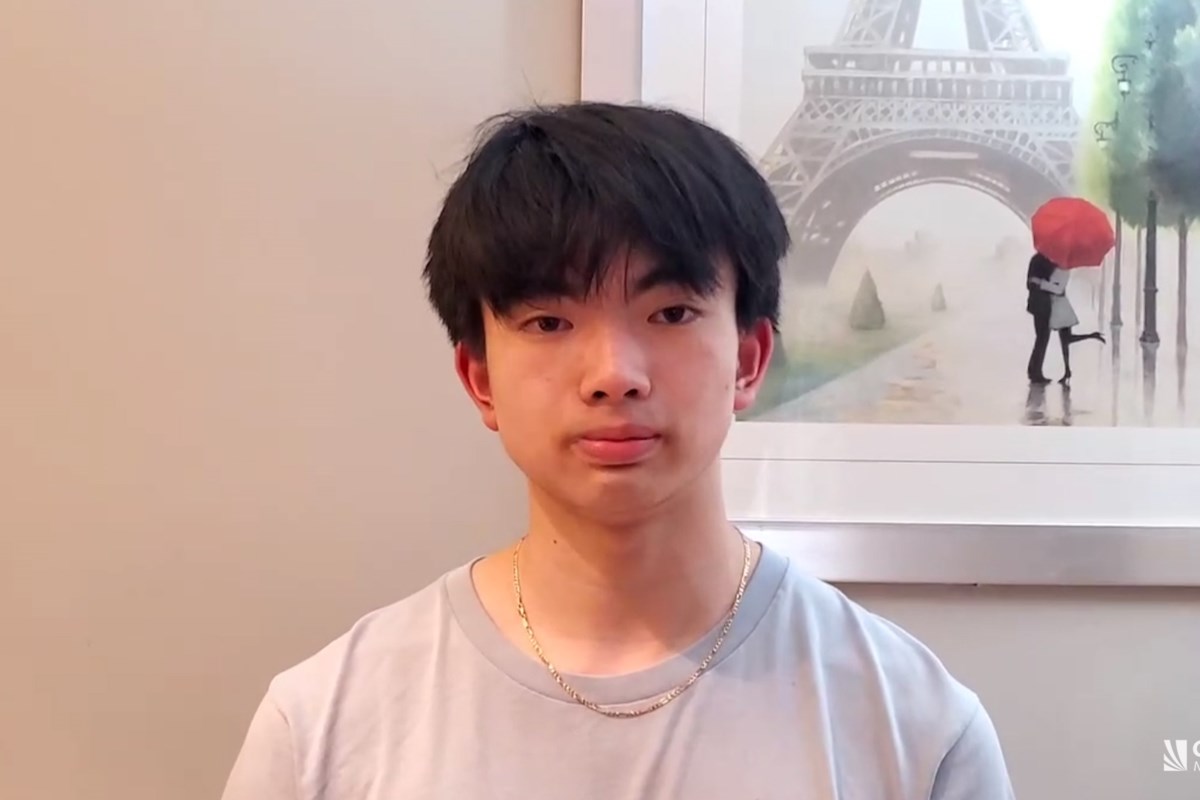This One Weird Trick Could Keep the Feds Out of Your City

One day after President Trump’s inauguration, acting Deputy Attorney General Emil Bove sent a memorandum to the Department of Justice activating a much-maligned network of spies that civil liberties advocates have pilloried for the grave threat it poses to basic constitutional rights. Bove directed the FBI’s Joint Terrorism Task Forces to coordinate with the Department of Homeland Security, as well as state and local governments, “to assist in the execution of President Trump’s immigration-related initiatives.” This series of interconnected task forces, expanded in the wake of 9/11, seeds local and state law enforcement with the powers (and paranoia) of federal agencies. The directive also ordered multiple federal agencies, including the Drug Enforcement Administration; the Bureau of Alcohol, Tobacco, and Firearms; U.S. Marshals Service; and the Bureau of Prisons to “review their files for identifying information and/or biometric data relating to non-citizens located illegally in the United States.” It remains to be seen how this directive has been applied to assist in the abduction of foreign students, Venezuelan green card holders, and others snatched off the streets by immigration officials. But the intelligence underlying those abductions could only come from a few sources, and one of them is the Joint Terrorism Task Forces. In celebration of the very first Joint Terrorism Task Force, or JTTF, founded 45 years ago in 1980, FBI field offices across the country released glowing assessments of the program. So did the FBI’s new director. “The JTTF model clearly demonstrates the power of law enforcement cooperation at all levels,” said FBI Director Kash Patel. “Preventing terrorism is a no-fail mission. Only by working together, can we keep the nation safe.” But since their inception, JTTFs have been criticized for overriding the standard operating procedures of local law enforcement, and incentivizing cops on the street to act less like members of the community they are policing, and more like federal agents parachuting in to communities they know nothing about to stop the next attack. JTTF surveillance in the years after 9/11 and during Trump’s first administration was disastrous. Task forces spent their days infiltrating mosques, cultivating unreliable human sources, surveilling activists exercising First Amendment speech rights in the Occupy and environmental movements, and even working hand in hand with former CIA officers to streamline intelligence-gathering operations. During the first Trump administration, it was the Portland, Oregon, JTTF that then-Attorney General Bill Barr activated to monitor, surveil, and in at least one case, pull activists off the street in unmarked cars. The Justice Department is issuing guidance that explodes threat categories and makes clear that enforcement priorities include any citizen who steps out of line. But despite the overwhelming power of federal agencies to marshal the combined power of biometric, digital, and human collection methods to target immigrants, protesters, and judges, municipalities have demonstrated not only that their constituents are willing to see the federal collaboration with local police diminished, but also that the fears of missing the next terrorist attack by refusing to cooperate with federal authorities are largely unfounded. Since the birth of the JTTFs, three local governments have voted to terminate police force agreements with the FBI to participate in information-sharing. The city councils of Portland, San Francisco, and Oakland all took votes to terminate the memoranda of understanding granting the FBI access to local police, and waiving the state laws that would otherwise safeguard residents. In 2018, as Portland was gearing up to leave the JTTF, retired FBI special agent and fellow at the Brennan Center Mike German testified before the Portland City Council on why repealing the JTTF was essential to protecting residents’ civil liberties. “After the 9/11 attacks, the Justice Department and Congress altered the FBI’s authorities significantly, giving it power to conduct electronic surveillance, gather intelligence, and investigate people and organizations it does not suspect of engaging in criminal activity,” German told the council. “As a result, Portland police officers assigned to the JTTF would find it extremely difficult, if not impossible to comply with Oregon law while conducting routine operations under the FBI’s current counterterrorism authorities and practices. Moreover, the FBI exercises these expanded powers in nearly complete secrecy, giving overseers, the public, and victims of abuse few opportunities to challenge them for legality or effectiveness.” Thanks to the FBI’s role leading counterterrorism operations in the wake of 9/11, the Bureau is able to access the NSA’s collection of international communications, and can query these databases without warrants, even during criminal investigations. Thanks to the JTTF, German told the assembled city councilors, “Portland police officers assigned to the JTTF have routine access to most of these data bases when conducting counterterrorism investigations or intelligence-gathering activities.” While the FBI has used JTTFs in the past to investigate citizens whose activities generally do not conform with the status quo—environmentalists upset with the state of climate change, socialists upset with the state of capitalism, or Muslims perfectly content with the state of things who just want to worship in peace—the Trump administration has blown past these so-called “threat groups.” Now, the Justice Department is issuing guidance left and right that explodes threat categories and makes clear that enforcement priorities include any citizen who steps out of line. The new federal law enforcement orientation sees any deviation from the policy platform of Donald Trump as a potential act of terrorism and subversion. This includes people who peaceably protest in front of a Tesla dealership, or who write op-eds in favor of Palestinian rights. As Sebastian Gorka, Donald Trump’s counterterrorism “czar,” told the press last month, “We have people who love America, like the president, like his Cabinet, like the directors of his agencies, who want to protect Americans, and then there is the other side, that is on the side of the cartel members, on the side of the illegal aliens, on the side of the terrorists. “You have to ask yourself, are they technically aiding and abetting them?” Gorka added. “Because aiding and abetting criminals and terrorists is a crime in federal statute.” The push to turn the average dissenting American citizen into a terrorist is accelerating every day. And while the JTTF network represents just one of dozens of partnerships between local, state, and federal law enforcement, terminating the relationship between city police and federal authorities on the JTTFs is a simple way to block the federal government from overriding state laws.

















